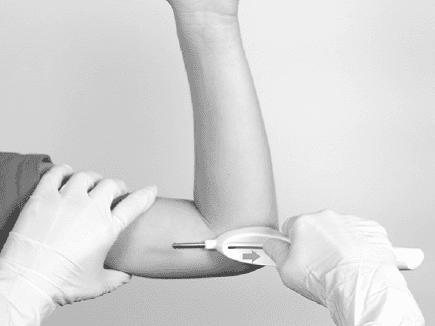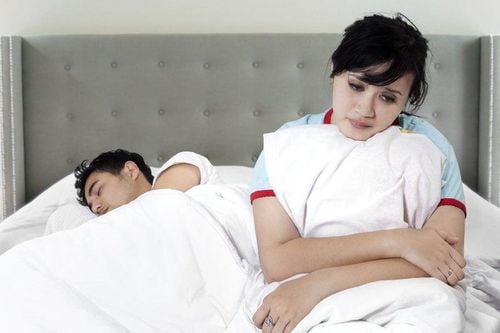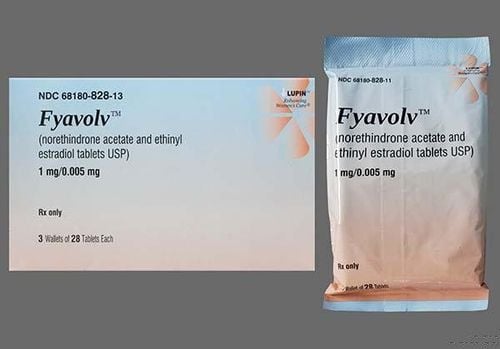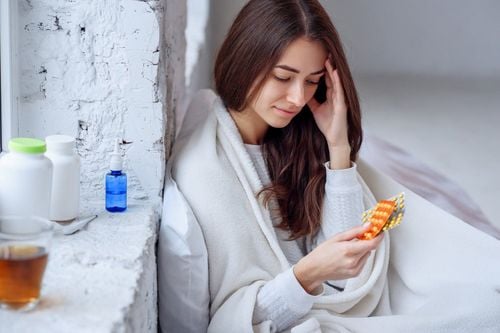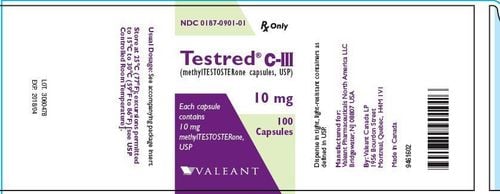This is an automatically translated article.
Low sex drive can be caused by many different reasons in women, such as living circumstances, busy work, having young children or medical conditions. Having a low sex drive may not cause serious health problems, but if you want to increase your libido again, you may need to see and receive intensive treatment from a doctor.
1. Symptoms of decreased sex drive in women
Based on the definition of low sex drive in women , you may be diagnosed with hypoactive sexual desire disorder (HSDD) if you regularly do not think about sexual problems or Decreased sex drive and apathy with sex have tormented your psyche. Whether or not you fit this diagnosis, your doctor will help you find the cause of your low sex drive and advise on the right treatment.
In addition to asking you questions regarding your medical and sexual history, your doctor may also perform:
Gynecological exam: During a pelvic exam, your doctor may check for changes Physical changes that contribute to low sex drive, such as vaginal dryness or painful positions. Tests: Your doctor may order some blood tests to check hormone levels and check for thyroid problems, diabetes, high cholesterol, and liver disorders. In addition, your doctor may also refer you to a sex specialist. A specialized counselor or sex therapist can better assess the emotional and emotional factors that may be causing low sex drive.
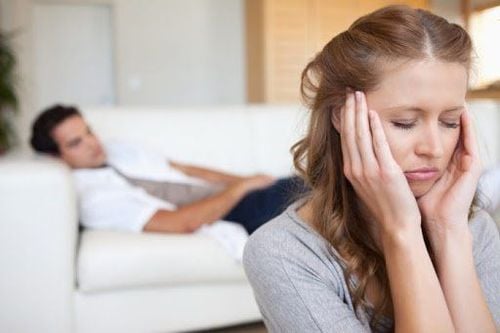
Không có hứng thú đối với chuyện tình dục là biểu hiện của giảm ham muốn tình dục ở nữ
2. Treatment for decreased sex drive in women
Most women will receive effective treatment when the doctor finds the cause of the low sex drive. Treatment recommendations may include sex education, counseling, and sometimes medication and hormone therapy.
2.1. Sex education and counseling Talking to a sex therapist or counselor skilled in addressing sexual concerns can help people with low libido find the cause. . Therapy often includes education about how you respond to sex and sex techniques. A therapist or counselor may provide additional materials or exercises for couples to learn and implement. Couples who receive counseling to deal with relationship problems can also help increase intimacy and desire.
2.2. Medications Your doctor will review the medications you are taking to see if any of these tend to cause a side effect of low sex drive. For example, antidepressants such as paroxetine (Paxil) and fluoxetine (Prozac, Sarafem) can decrease sex drive. You may be switched to bupropion (Wellbutrin SR, Wellbutrin XL), which is another type of antidepressant that often improves sex drive and is sometimes prescribed for women with sexual dysfunction.
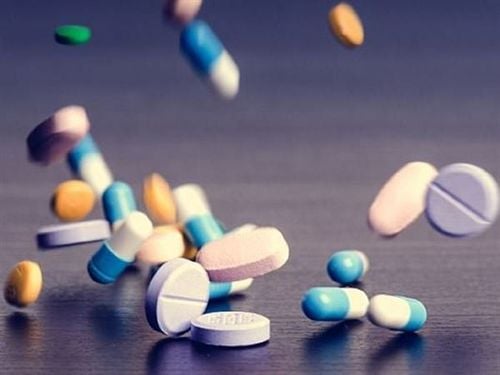
Thuốc trầm cảm có thể cải thiện tình trạng rối loạn tình dục ở nữ
In conjunction with counseling, the doctor can prescribe drugs to enhance libido. Drug options approved by the U.S. Food and Drug Administration (FDA) prescribed for premenopausal women include:
Flibanserin (Addyi): this is a medication that you will be given every day. day with once at bedtime. Side effects include decreased blood pressure, dizziness, nausea, and fatigue. Drinking alcohol or taking fluconazole (Diflucan), which is a common medicine to treat vaginal yeast infections, can make these side effects worse. Brasheranotide (Vyleesi): this is an injection that you can inject yourself just under the skin in your abdomen or front of your thighs and used before you have sex. Some women experience side effects such as nausea and this is common after the first injection but tends to improve with the second injection. Other side effects include vomiting, flushing, headache, and skin reactions at the injection site. You should note, these drugs are not approved by the FDA for use in postmenopausal women.
2.3. Hormonal therapy Vaginal dryness or cramping are hallmarks of genitourinary syndrome of menopause, which can make sex uncomfortable and decrease your libido. Certain hormonal medications intended to relieve GSM symptoms can make sex easier and more comfortable. And being more comfortable during sex can improve your libido.
Hormone therapies may include:
Estrogen: Estrogen is available in many forms, including pills, patches, sprays, and gels. Smaller doses of estrogen are produced as vaginal creams and suppositories or slow-release rings. Your doctor can help you understand the risks and benefits of each form of medication. But estrogen will not improve sexual function associated with hypogonadism.
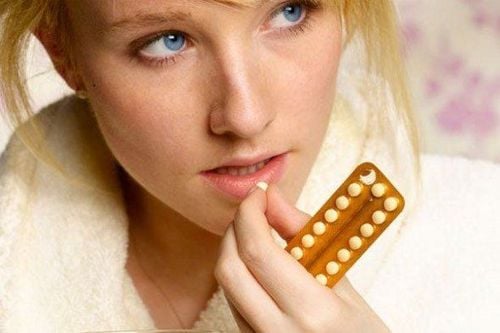
Thuốc estrogen được sử dụng trong điều trị chứng giảm ham muốn tình dục ở nữ giới
Testosterone: The male hormone testosterone plays an important role in female sexual function, although testosterone is produced in much lower amounts than in men. Testosterone is not approved by the FDA to treat low libido in women, but it is sometimes prescribed over-the-counter to enhance a person's sex drive. However, the use of testosterone in women remains controversial. Taking this hormone can cause acne, body hair, and mood or personality changes. Prasterone (Intrarosa): Insertion into the vagina to release the hormone dehydroepiandrosterone (DHEA) directly into the vagina, which helps relieve pain during sex. You use this medication nightly to relieve symptoms of moderate to severe vaginal dryness associated with menopausal urogenital syndrome. Ospemifene (Osphena): This medication is used daily to relieve painful symptoms in women with moderate to severe menopausal urogenital syndrome. This medicine must not be used in women who have had breast cancer or are at high risk for breast cancer. 2.4. Lifestyle and home remedies Healthy lifestyle changes can make a big difference in your sex drive:
Exercise: Regular aerobics and strength training can Increases body endurance, improves body shape, elevates mood and increases libido.

Tập thể dục giúp tạo ra sự khác biệt lớn trong vấn đề tình dục
Reduce stress: You should find ways to deal with work-related stress, finances and everyday troubles. This remedy can boost your sex drive. Talk to your partner: Couples who learn to communicate openly, honestly, often maintain stronger emotional bonds, which can lead to more satisfying sex. Sexual communication is also important. Talking about your likes and dislikes can set the stage for a deeper love affair. Spice up your sex life: Try a different sex position, a different time of day, or a different location for sex. Ask your partner to spend more time foreplay. If you and your partner are willing to try new things, using sex toys can help spark your sex drive. Quit Bad Habits: Smoking, illegal drugs, and alcoholism can all reduce sex drive. Breaking these bad habits can help boost your sex drive and improve your overall health. 2.5. Alternative treatment Some women have trouble talking about sexual dysfunction with their doctor. So they can turn to over-the-counter herbs. However, the FDA does not regulate dietary supplements, and in many cases, these preparations have not been thoroughly studied for their function in the treatment of sexual dysfunction. Herbs can have side effects or interact with medications you're taking to treat your condition. Therefore, you need to consult your doctor before using herbal products.

Các sản phẩm thảo dược trước khi sử dụng cần có sự tư vấn của bác sĩ
Decreased sex drive in women can be treated with a variety of methods. Treatment will be based on the causes of low sex drive. Therefore, if you see symptoms of frigidity, decreased desire for sex, do not hesitate to visit a doctor to receive advice and improve the above situation.
Vinmec International General Hospital is the address for examination, treatment and prevention of diseases. When performing the examination process at Vinmec, customers will be welcomed and used modern facilities and equipment along with perfect medical services under the guidance and advice of experts. Good doctors, well-trained both at home and abroad.
Please dial HOTLINE for more information or register for an appointment HERE. Download MyVinmec app to make appointments faster and to manage your bookings easily.
Reference source: mayoclinic.org




